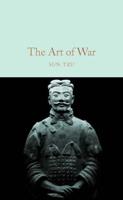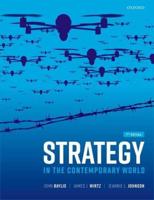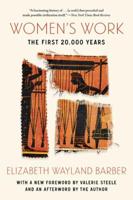Publisher's Synopsis
Civil-military relations in the Global South are both important and understudied. In practice, this leads to international programmes repeatedly, erroneously assuming that the only way to restore stability, development and peace in post-conflict and post-crisis societies is to focus on state-building without taking into account the respective political culture in place. The results in the Global South, and particularly in Africa, have been weak and fragile at best.
In this open access book, through rich new case studies of the Democratic Republic of Congo (DRC), Cameroon, and Rwanda, Olaf Bachmann takes an important step in de-Westernizing civil-military relations theory. Focussing on one of the key pillars of the state-the army-and starting from the historically established axiom that there cannot be a state without an army and there cannot be an army without a state, Bachmann demonstrates how and why most African militaries never developed into professional armies. Instead, they have generally remained quasi-armies in the context of the quasi-states that established themselves after independence. Analyzing these events in the context of a wide array of Asian and African sources, Bachmann exposes the Anglo-Eurocentrism at the heart of Samuel Huntington's hugely influential theory of the soldier and the state, and in so doing, he provides a powerful, more globally relevant re-examination of state-formation processes as they relate to the control of violence.
The ebook editions of this book are available open access under a CC BY-NC-ND 4.0 licence on bloomsburycollections.com. Open access was funded by the Bloomsbury Open Collections Library Collective.









